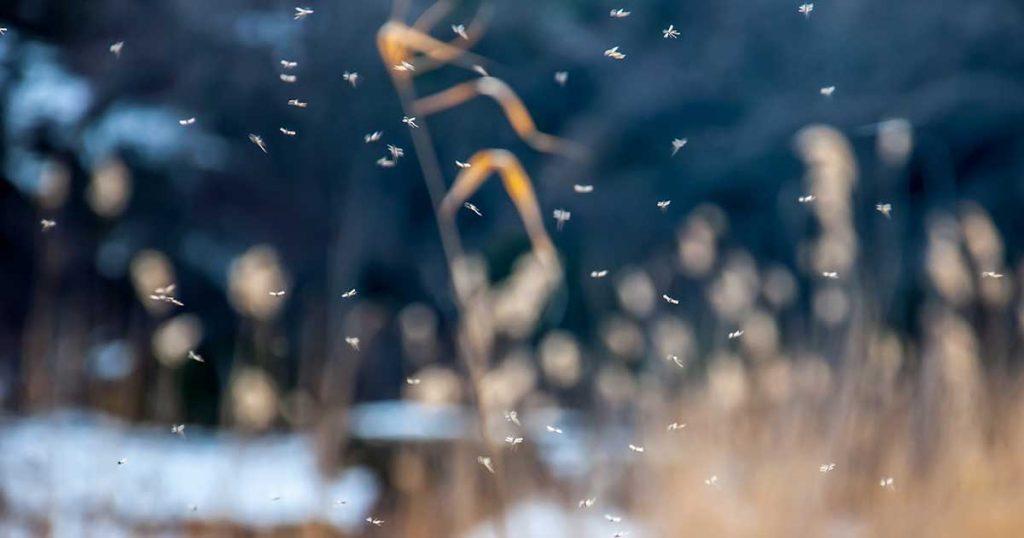
Local authorities announced that specialists are carrying out biological mosquito control along the Tisza and at the Tisza Lake; a total of five thousand hectares of water surface will be treated in Hungary – with areas at river Danube and Western Hungary, besides Tisza.
On this occasion, we will look at the advantages of biological control of mosquitoes and the disadvantages of chemical insecticides.
While mosquitoes may play some ecological roles, from breaking down organic matter and recycling nutrients back into the ecosystem to being a food source for many animals like birds, bats, and other insects, they are also known to spread diseases to humans and animals, making them a significant public health concern in many parts of the world. Mosquito bites aren’t simply annoying tiny lumps on the skin; they might be a source of infections, and scratching their itchy surface may result in an infestation.
With global warming, invasive species are more likely to appear in Central Europe. These mosquitoes are moving from south to north as the mild continental climate slowly(?) turns into the Mediterranean.
Biological mosquito control involves using natural predators, parasites, and pathogens to reduce the mosquito population, while chemical control involves using insecticides to kill mosquitoes. There are several advantages of biological mosquito control over chemical control:
- Sustainability
- Biological control methods are generally more sustainable than chemical control methods, as they rely on natural mechanisms and don’t introduce harmful chemicals into the environment.
- Targetable
- Biological control methods are often more targeted than chemical ones, focusing on specific mosquito species or life stages. In contrast, chemical processes can harm other insects, plants, and animals.
- Reduced resistance
- Mosquitoes can develop resistance to chemical insecticides over time, while biological control methods are less likely to lead to resistance.
- Cost-effectiveness
- Biological control methods can be cost-effective in the long run, as they often require less maintenance and may have longer-lasting effects than chemical control methods.
- Safety
- Biological control methods are generally considered safer for human health as they don’t expose people to harmful chemicals.
Biological mosquito control methods are a sustainable, effective, and safer alternative to chemical control methods for reducing mosquito populations.


